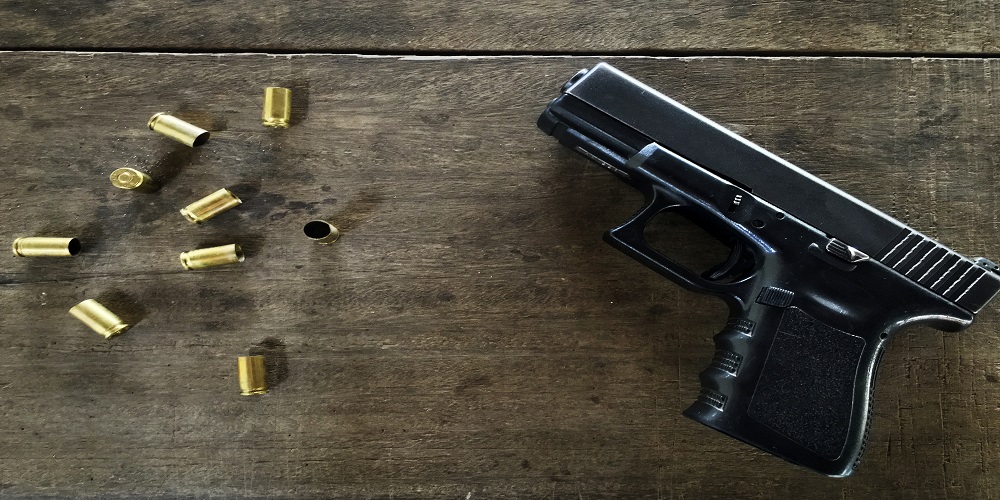In Canada, firearm and weapon offences are serious legal matters that carry significant consequences. Whether you are a gun owner, enthusiast, or someone facing charges related to the possession or use of firearms or weapons, it is crucial to be aware of the legal implications and potential defense strategies.
This article aims to provide an informative and educational overview of these issues, guiding you through the legal landscape surrounding firearm and weapon offences in Canada.

Legal Implications of Firearm and Weapon Offences
1. Possession and Use Regulations:
Canada has strict regulations regarding the possession and use of firearms and other weapons. Understanding these regulations is essential to avoid unintentional violations that could lead to legal consequences.
2. Prohibited Weapons:
Certain weapons are outright prohibited in Canada. This includes automatic firearms, brass knuckles, and certain types of knives. Possessing or using these prohibited weapons can result in severe legal consequences.
3. Carrying Concealed Weapons:
Carrying a concealed weapon without proper authorization is a criminal offence. It is crucial to be aware of the rules governing the carrying of concealed firearms or other concealed weapons in public places.
Defense Strategies for Firearm and Weapon Offences
1. Legal Representation:
If you find yourself facing firearm or weapon-related charges, seeking legal representation is paramount. Experienced defence attorneys specializing in firearm offences can provide crucial guidance and build a strong defense strategy tailored to your case.
2. Challenging Evidence:
A skilled attorney may challenge the evidence presented by the prosecution. This could involve questioning the legality of the search and seizure that led to the discovery of the weapon or challenging the credibility of witnesses.
3. Establishing Lawful Possession:
Demonstrating that you were in lawful possession of the firearm or weapon can be a key defense strategy. This may involve proving that you had the necessary permits or licenses.
4. Mental Health Considerations:
In some cases, mental health issues may play a role in firearm and weapon offences. A defense strategy could involve presenting evidence of mental health conditions that may have influenced the accused’s actions.
Conclusion:
In conclusion, understanding the legal implications of firearm and weapon offences in Canada is crucial for individuals who own or use such items. To navigate these challenges successfully, it is highly advisable to seek the expertise of experienced defence attorneys.
When facing firearm and weapon offences, the guidance and representation of experienced defence attorneys can make a significant difference in the outcome of your case. Our team of skilled legal professionals is dedicated to helping individuals navigate the complex legal terrain surrounding these charges. If you find yourself in need of expert legal assistance, contact us today to schedule a consultation.
By taking proactive steps and seeking the support of experienced defence attorneys, you can ensure that your rights are protected and increase the likelihood of a favorable resolution to your case. Remember, a well-prepared defense is your best strategy in overcoming firearm and weapon-related charges in Canada.

